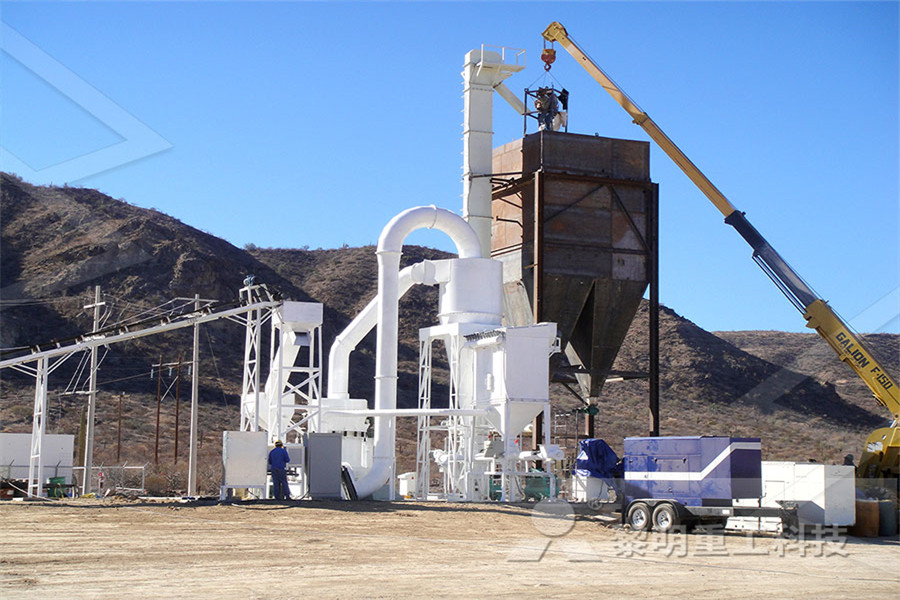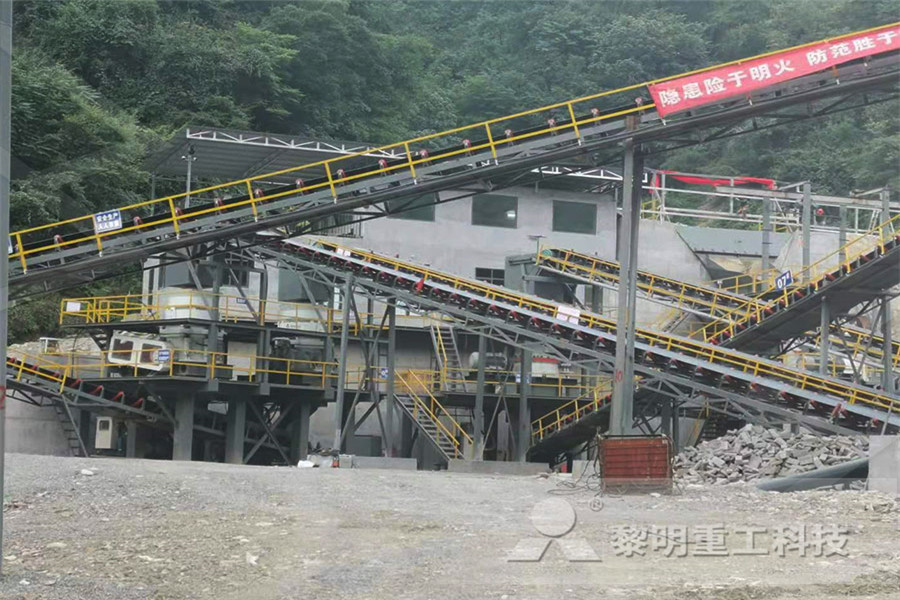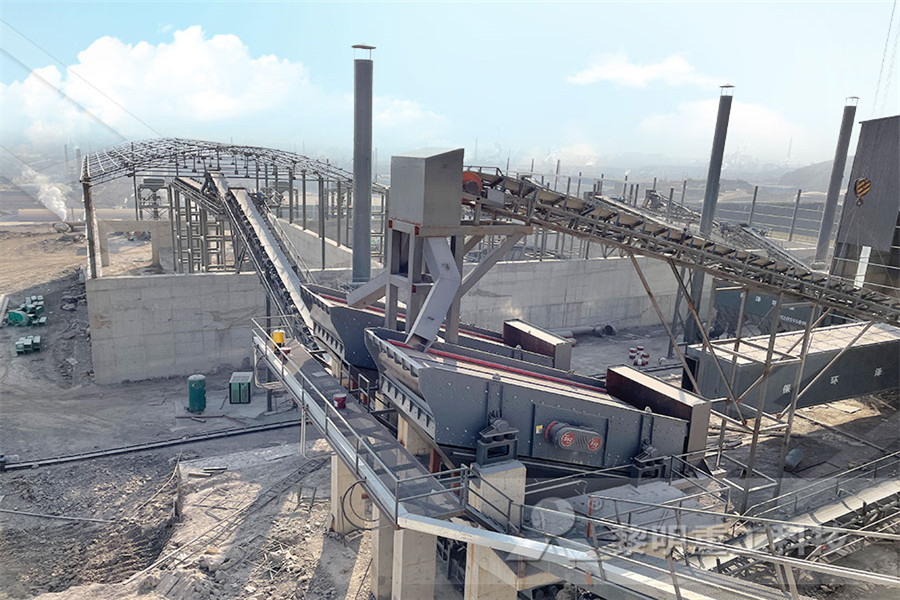
CHAPTER 4 Africa’s Natural Resources: The Paradox of
High Fiscal Dependence in Africa’s ResourceRich Countries, but Improving Fiscal Performance Before the current resource boom, resourcerich African countries had been challenged to reap the full benefits of their resource endowments Owing to boombust cycles, Africa’s Natural Resources: The Paradox of Plenty 99 4 IMF (2006)Article citations More>> African Bank (2007) Africa’s Natural Resources: The Paradox of Plenty /fileadmin/uploads/afdb/Documents/Publications African Bank (2007) Africa’s Natural Resources The Paradox The experience of countries across Africa, Latin America and Asia demonstrate that under such conditions, natural resource wealth can somehow destabilise the progress of development Conflicts in several African countries have been fuelled by lucrative resources such as diamonds and oilThe Paradox of Plenty and Natural ResourceDriven Conflict

The Paradox of Africa’s Natural Resource Wealth SpringerLink
SubSaharan Africa (SSA) has the highest rates of the poor and working poor and the most vulnerable employment situation in the world This assertion draws attention to just how critical economic The Paradox of Africa’s Natural Resource Wealth SpringerLink Nigeria's recent participation is encouraging the rest of West Africa, Mr Soros reckons, just as Azerbaijan's involvement has shamed Kazakhstan and other neighbours into cleaning up their actThe paradox of plenty The Economist1 The Economics of the Paradox of Plenty – Theoretical and Empirical Implications for Uganda ’ s Oil Bonanza Felix Meier zu Selhausen, Mountains of the Moon University 1 Introduction Oil deposits had been suspected in the Albertine Lakes Basin on the border between Uganda and the DRC for almost a century Since the confirmation of exploitable oil in 2006 there have been numerous voices PARADOX OF PLENTYpdf The Economics of the Paradox of

The Paradox of Plenty: A MetaAnalysis
Downloadable (with restrictions)! Since Sachs and Warner’s seminal article in 1995, numerous studies have addressed the link between natural resources and economic growth Although the “resource curse” effect was commonly accepted at first, many articles have challenged its existence, and the results found in the literature are ambiguous North Africa, West Asia or the paradox of poverty from plenty Countries that depend heavily on natural resources like oil or diamonds often perform worse than their resourcepoor peers in The resource curse, or the paradox of poverty from plenty Africa is the world’s richest continentIt has a vast wealth of natural resources ranging from precious stones such as gold and diamonds to fossil fuels The tropical climates, beautiful and diverse wildlife, and sandy beaches are also quite attractive to touristsFrom these, the total derivable revenue has the potential to completely transform economies in AfricaNatural Resources: The Resource Curse of Africa CrowdH

Petroleum production and the paradox of plenty The Herald
This strange phenomenon is known as the “resource curse” or “the paradox of plenty” This theory basically denotes that countries that are rich in natural resources tend to have poor CHAPTER 4 Africa’s Natural Resources: The Paradox of Plenty The paradox of plenty: oil booms and petrostates Berkeley, California: University of California Press Keblusek, M E (2010) Is EITI really helping improve global good governance? Examining the resource curse, corruption and Nigeria’s EITI implementation experienceThe Paradox Of Plenty Oil Booms And Petro States Downloadable (with restrictions)! Since Sachs and Warner’s seminal article in 1995, numerous studies have addressed the link between natural resources and economic growth Although the “resource curse” effect was commonly accepted at first, many articles have challenged its existence, and the results found in the literature are ambiguousThe Paradox of Plenty: A MetaAnalysis IDEAS/RePEc

Africa Essay Geography bibliographies Cite This For
Africa’s Natural Resources: The Paradox of Plenty 2007 African Development Report 2007 Intext: (Africa’s Natural Resources: The Paradox of Plenty, 2007) Your Artwork Blog Book Broadcast Chapter of an ed book Conference proceedings Court case Dictionary entry The chapter calls for a historical balance sheet which should consider both internal and external factors, particularly in postcolonial Africa’s development of underdevelopment and underdevelopment of development Using the resource curse (the paradox of plenty) theory, the chapter unravels how a continent endowed with natural resourceUnderdevelopment, Development and the Future of natural resources, the trend tends to be in the other direction, because of the published The paradox of plenty (her seminal book on the resource curse); the rise of OPEC in the %*$#s, the bigger oil producers in Africa (notably Nigeria and Angola) began wresting a greater share of Oil, corruption and the resource curse

Developing Countries Experience A Natural Resource
The natural resource curse, or the paradox of plenty , is the paradoxical idea that countries and areas with many available natural resources, more specifically nonrenewable resources such as minerals and fuels, often tend to have less economic growth and slower development levels than countries with fewer natural resources9 Author's interview with Andre Madec of ExxonMobil, 2005, also reproduced in the concluding chapter of Nicholas Shaxson, Poisoned wells: the dirty politics of African oil (Basingstoke: Palgrave, 2007) Madec said almost exactly the same thing in an article in The Economist of 24 Dec 2005 entitled 'The paradox of plenty Oil, Corruption and the Resource CurseCook Sea Question 6 A "paradox of plenty," or , occurs when a country with an abundance of natural and valuable resources often experience lower economic growth than a country without these resources Answer s: A Resource Curse B RetolerationCook Sea Question 6 A paradox of plenty or occurs

Geography Chapter 9 Flashcards Quizlet
Africa's reliance on resource exploitation rather than diversified economies is driving urban expansion as in oilrich gabon A "paradox of plenty" or ,occurs when a countrywith an abundance of natural and valuable resources often experiences lower economic growth than a country without these resourcesOil and gas production in Azerbaijan were projected to increase sharply in 2005 and 2006, respectively, reaching peaks of 13 million barrels a day in 2009 and 20 billion cubic meters a year in 2010 Although expected revenues over the next 20 years will be substantial, they are projected to return to 2004 levels by 2024 Managing this temporary windfall in a way that allows for economic Chapter 2 Economic Theory and Natural Resource 1 The Economics of the Paradox of Plenty – Theoretical and Empirical Implications for Uganda ’ s Oil Bonanza Felix Meier zu Selhausen, Mountains of the Moon University 1 Introduction Oil deposits had been suspected in the Albertine Lakes Basin on the border between Uganda and the DRC for almost a century Since the confirmation of exploitable oil in 2006 there have been numerous voices PARADOX OF PLENTYpdf The Economics of the

The Paradox of Plenty: A MetaAnalysis
Downloadable (with restrictions)! Since Sachs and Warner’s seminal article in 1995, numerous studies have addressed the link between natural resources and economic growth Although the “resource curse” effect was commonly accepted at first, many articles have challenged its existence, and the results found in the literature are ambiguousDownloadable! Since Sachs and Warners seminal paper in 1995, a conventional wisdom has spread in the academic literature stating that a high endowment in natural resources may be detrimental for growth The great heterogeneity of development paths followed among resourcerich countries has shown that the resource curse was not always inevitable, and that there existed ways to make the most of The Paradox of Plenty: A MetaAnalysis IDEAS/RePEc CHAPTER 4 Africa’s Natural Resources: The Paradox of Plenty The paradox of plenty: oil booms and petrostates Berkeley, California: University of California Press Keblusek, M E (2010) Is EITI really helping improve global good governance? Examining the resource curse, corruption and Nigeria’s EITI implementation experienceThe Paradox Of Plenty Oil Booms And Petro States

Congo's Environmental Paradox: Potential and
CHAPTER 1 INTRODUCTION: POTENTIAL IN A LAND OF PLENTY The paradox This book is about the political economy of natural resources in the Democratic Republic of the Congo (DRC) A land of plenty with the resources the world needs, this immense central African territory is a resource paradise for some but a social and environmental nightmare for Key Terms in this Chapter Paradox of Plenty (or Resource Curse): Is defined as a process by which deep poverty of the vast majority of the population coexists with the abundance of valuable natural/mineral resources (eg, oil, gas, gemstones, and scarce industrial minerals)Background to Migration: Africa's Informal Economy The natural resource curse, or the paradox of plenty , is the paradoxical idea that countries and areas with many available natural resources, more specifically nonrenewable resources such as minerals and fuels, often tend to have less economic growth and slower development levels than countries with fewer natural resourcesDeveloping Countries Experience A Natural Resource

Oil, corruption and the resource curse
natural resources, the trend tends to be in the other direction, because of the published The paradox of plenty (her seminal book on the resource curse); the rise of OPEC in the %*$#s, the bigger oil producers in Africa (notably Nigeria and Angola) began wresting a greater share of a "paradox of plenty" or , occurs when a country with an abundance of natural and valuable resources often experiences lower economic growth than a country without these resources resource curse in spite of having 920 million people, much of the African region is sparsely populatedgeography exam 1 Flashcards Quizlet A recent World Bank study, Africa's Pulse, compared growth of Africa's resourcerich and nonresourcerich countries between 1980 and 2010 In Are natural resources a blessing or a curse for